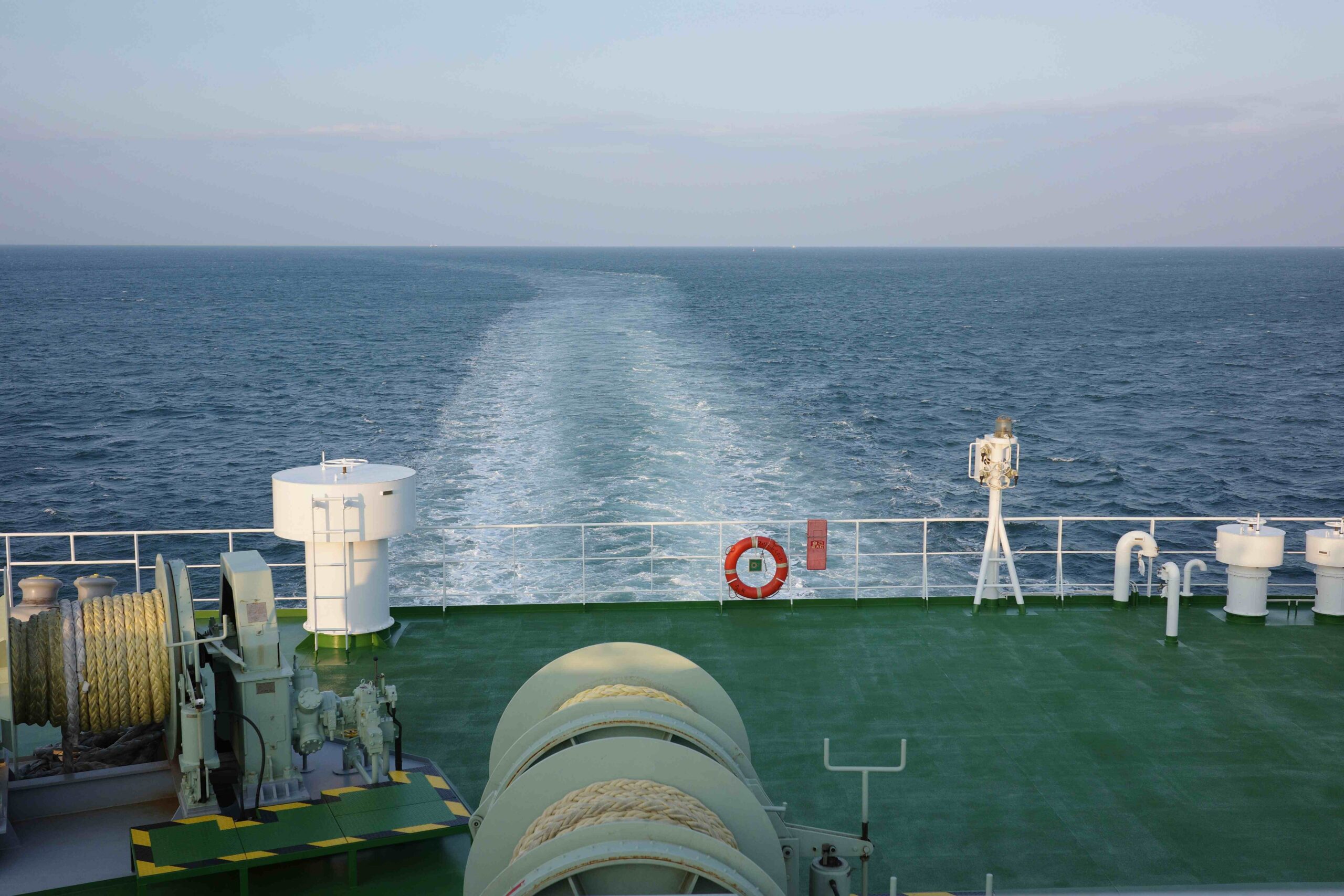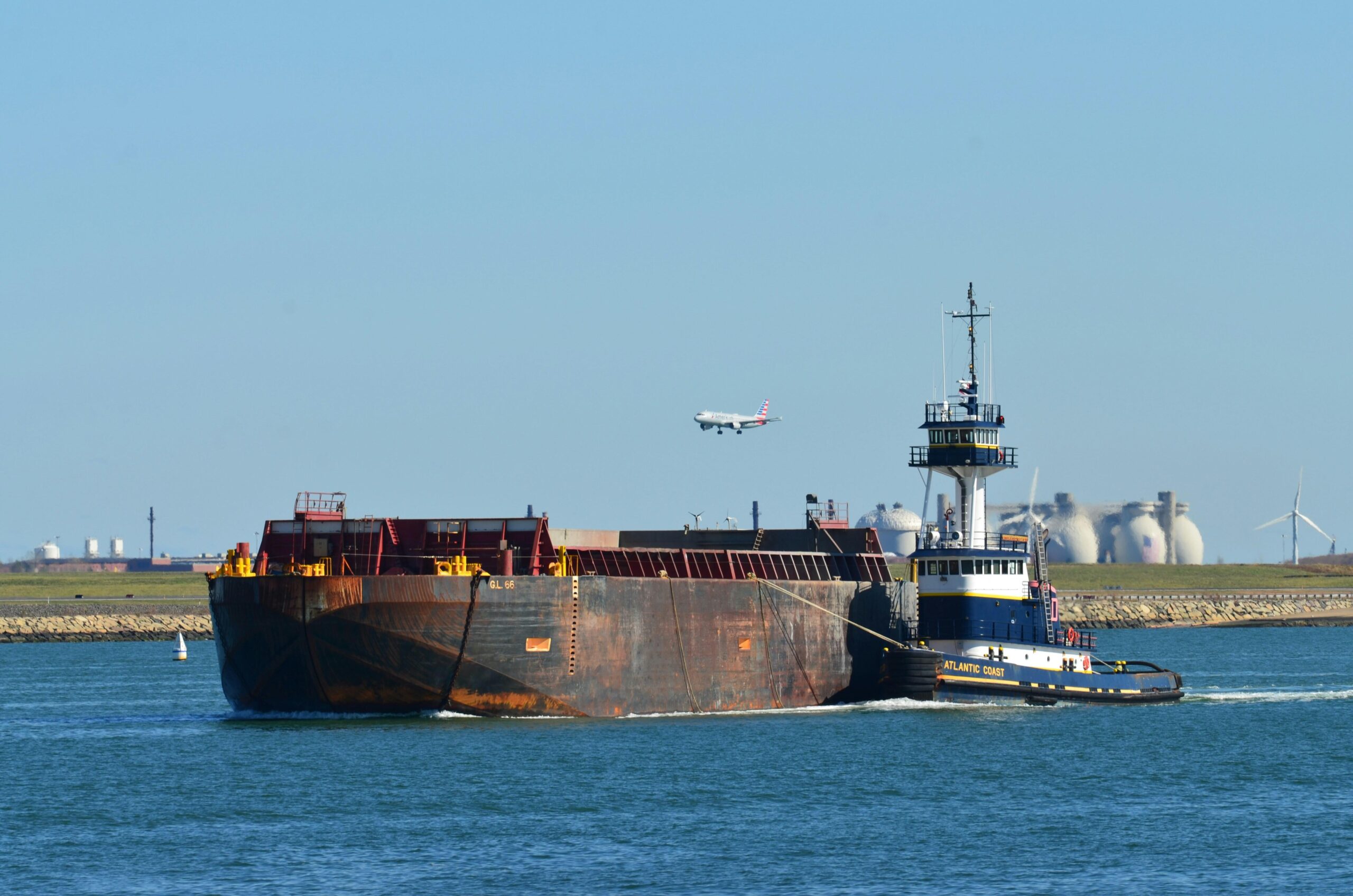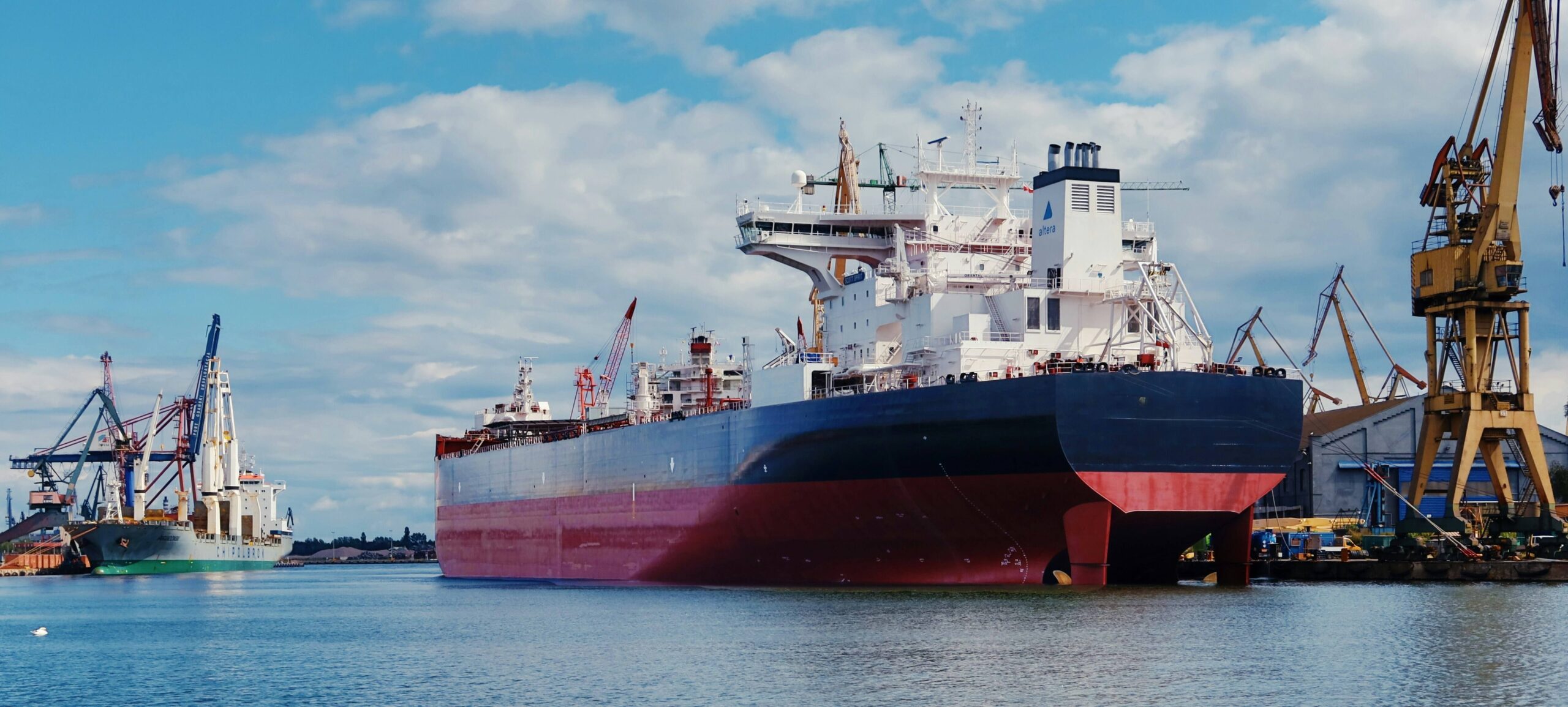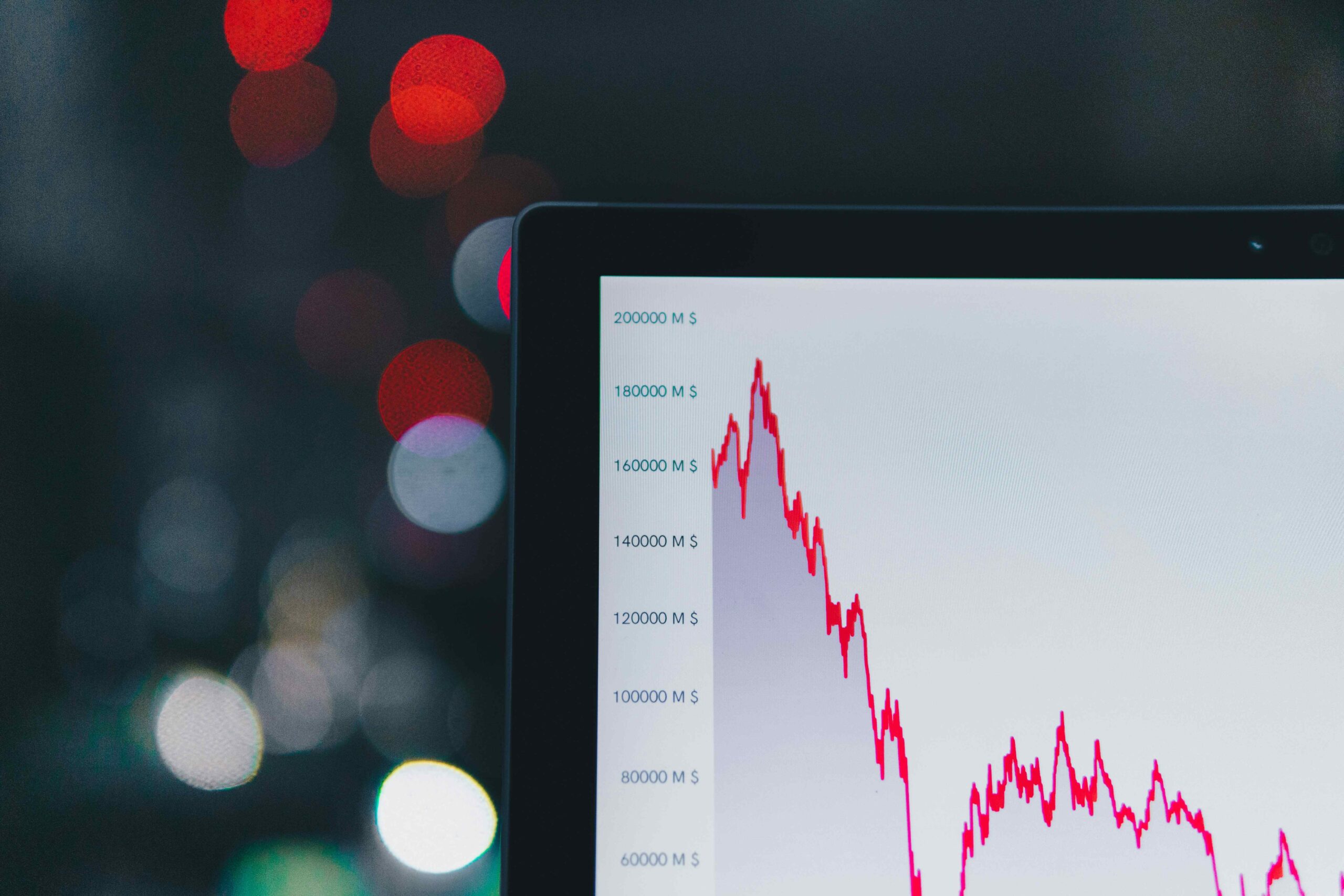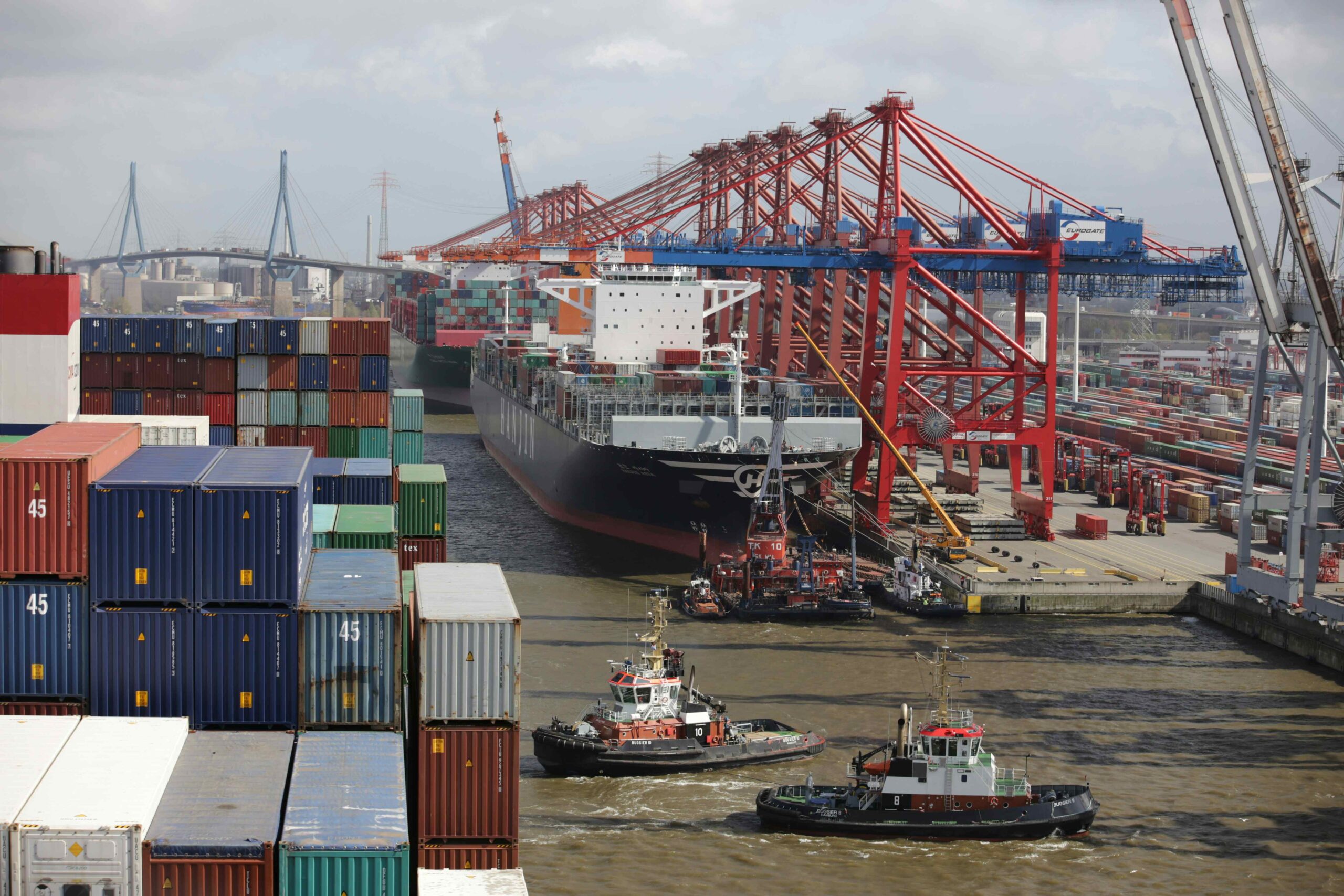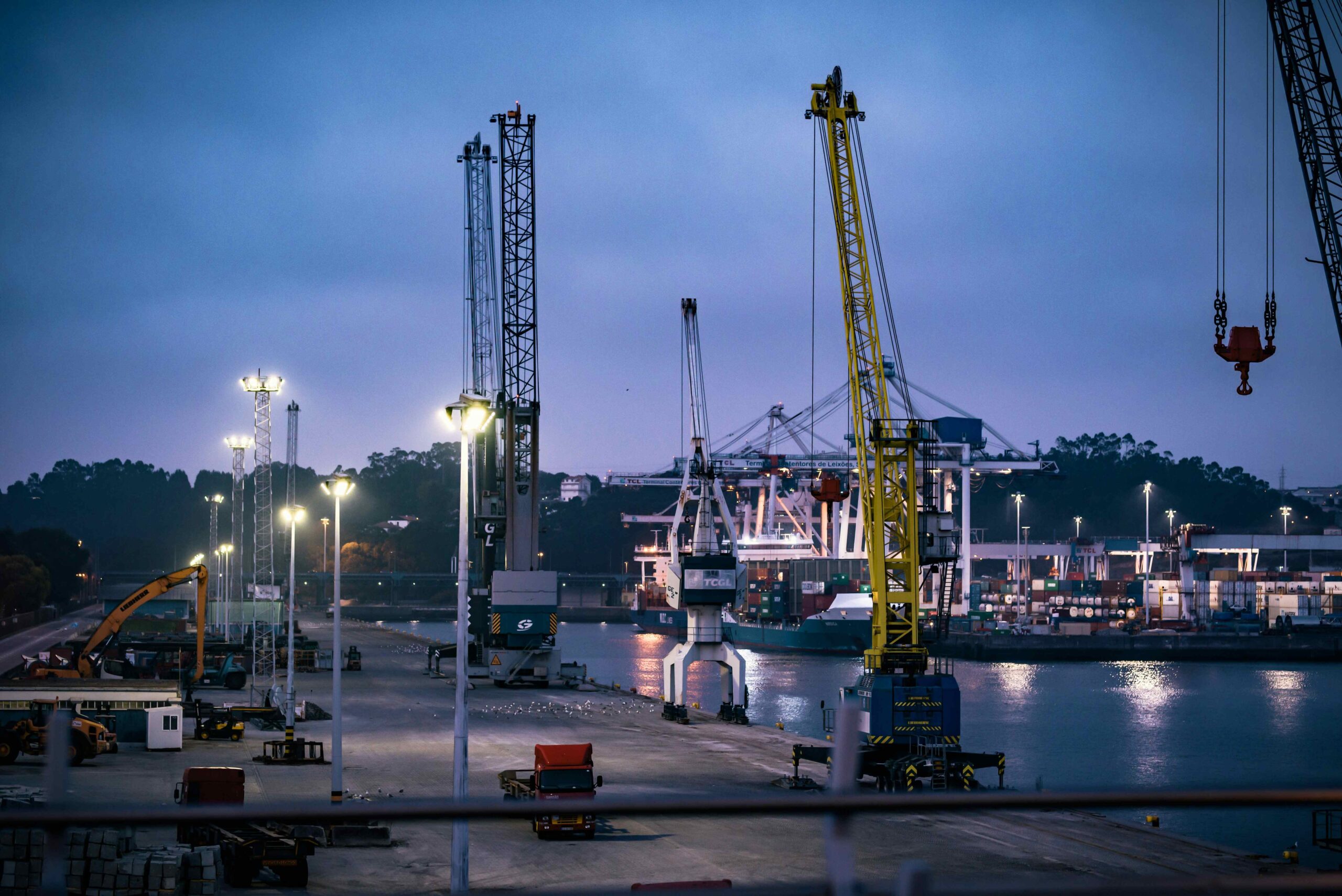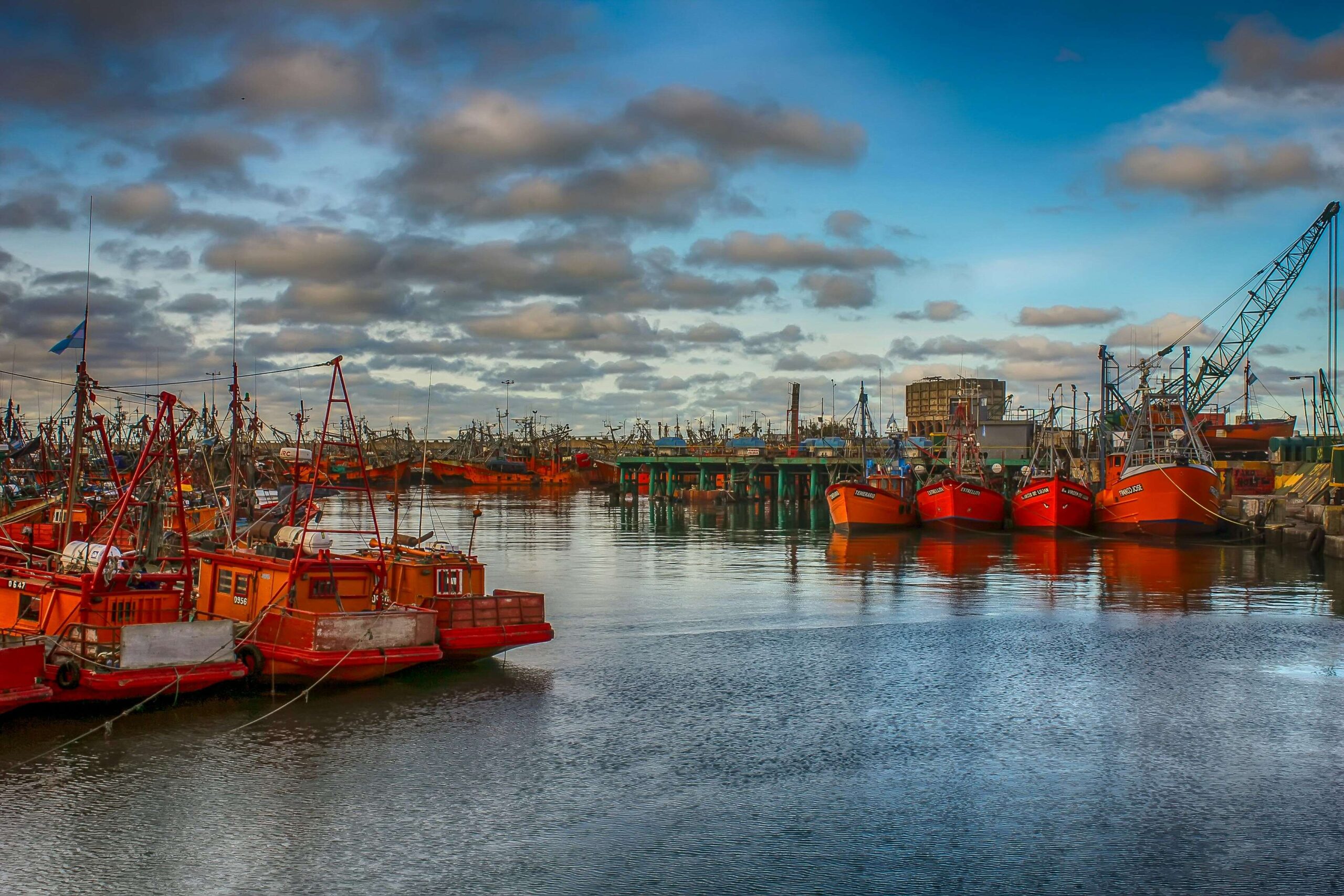Fuel Cells in Maritime Bunkering: Opportunities and Infrastructure Barriers
As global shipping races to meet ambitious decarbonization targets, fuel cell technology is emerging as a transformative force in maritime propulsion. With the potential to drastically cut greenhouse gas emissions, improve fuel efficiency, and offer quiet, vibration-free operation, fuel cells present a compelling
Beyond LNG: Comparative Lifecycle Emissions of Biofuels, Ammonia, and Methanol in Marine Applications
Introduction The shipping industry stands at a critical juncture in the global transition toward cleaner energy. As a sector responsible for roughly 3% of global greenhouse gas (GHG) emissions, the pressure to decarbonize is mounting, particularly in the wake of the International Maritime
The Role of Catalytic Fines in Engine Wear: How Bunker Fuel Quality Impacts Maintenance Cycles
In the maritime industry, the quality of bunker fuel plays a critical role in determining engine performance and longevity. Among the various contaminants found in marine fuels, catalytic fines—commonly referred to as cat fines—pose a significant threat to engine components. These microscopic particles,
The Science Behind Bunker Fuel Emissions and Their Impact on Marine Air Quality
The global shipping industry plays an essential role in transporting goods across vast distances. However, this massive sector, which accounts for over 80% of global trade by volume, is also a significant contributor to air pollution. A key factor in this pollution is
Impact of Carbon Pricing and Taxation on Bunker Fuel Procurement
As the world confronts the growing challenge of climate change, the maritime industry, a significant contributor to global greenhouse gas emissions, is under increasing pressure to reduce its environmental footprint. Bunker fuel, which powers the vast majority of global shipping vessels, has long
Bunker Fuel Testing Methods: A Deep Dive into ISO 8217 and Other Standards
Bunker fuel, the lifeblood of the global shipping industry, plays a crucial role in powering the vast number of vessels that traverse the world’s oceans. As shipping accounts for a significant portion of global trade, ensuring the quality and consistency of bunker fuel
Innovations in maritime safety equipment
Maritime safety is a paramount concern in the global shipping industry, as the vast and often unpredictable nature of the sea poses numerous risks to vessels, crew members, and cargo. To address these challenges, continuous innovations in maritime safety equipment have been crucial
Advancements in maritime communication systems
Maritime communication systems are the lifeblood of the shipping industry, ensuring safe, efficient, and effective vessel operations worldwide. Over time, technological advancements have revolutionized these communication systems, driving significant improvements in navigation, safety, operational efficiency, and the overall sustainability of the maritime industry.
Role of big data analytics in port management
Port management has traditionally been a complex and multifaceted process, involving the coordination of various activities such as cargo handling, vessel traffic, and logistical support. However, with the advent of big data analytics, the management of ports has been revolutionized, enabling more efficient,
Impact of artificial intelligence in maritime logistics
The maritime logistics industry, a critical backbone of global trade, has undergone significant transformation over the years. One of the most profound changes in recent times is the integration of Artificial Intelligence (AI) into its operations. AI is revolutionizing maritime logistics, enhancing efficiency,

